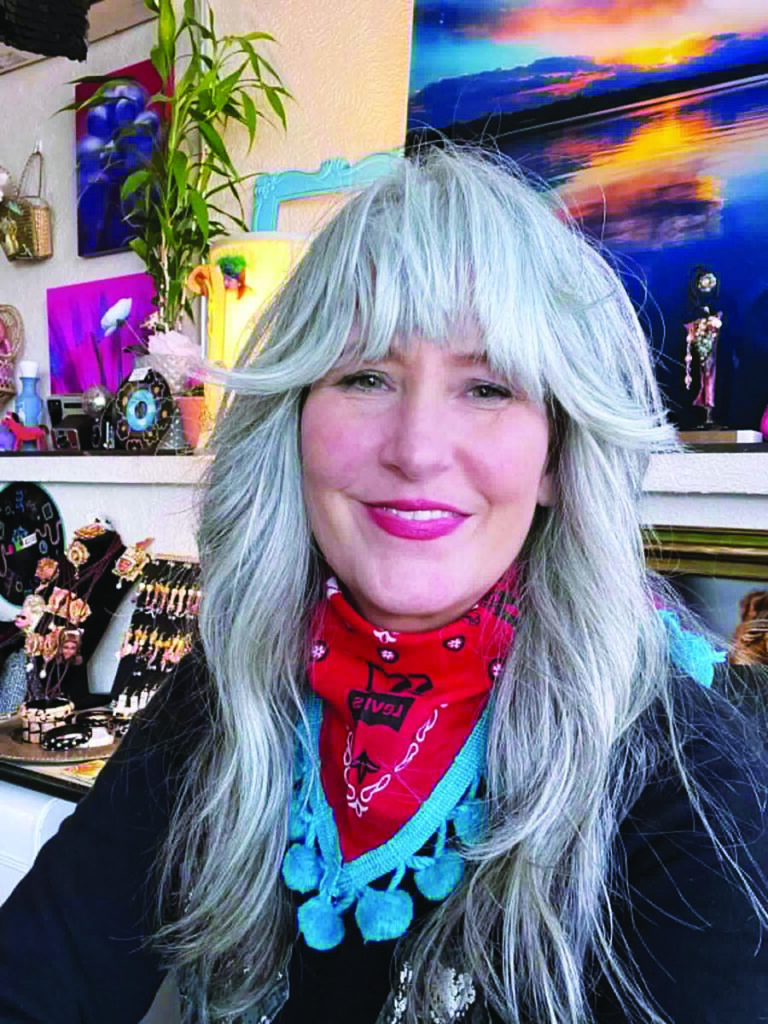“Dogs on Display” seems like an oddly-themed Second Saturday event for the Historical Society to undertake. We do it because it truly is one of the more amusing ways to spend a Saturday with your CBF (canine best friend) and pay homage to the untold number of dogs who literally walked to and through the Old West during the 1800s, faithfully accompanying families looking for a new way of life.
Pioneer dogs were hard workers. They protected families from wild animals and dangerous human intruders. They hunted small and large game and could be called on to herd cattle and hogs. Generally, they subsisted on scraps like bread crusts, bones, potatoes and cabbage, along with whatever they could scrounge on their own. Later, as frontier cabin life developed into farming, dogs were also fed grains and lard. They lived outside and slept in barns when available or in containers like old barrels.
Readers of a certain age may remember the Disney movie “Old Yeller,” based on a 1956 award-winning book by Fred Gipson about a big yellow stray dog who adopts a pioneer family while the father is away on a cattle drive. Yeller, so named for his color and his bark, protects the mother and children from several near disasters, including confrontations with bears, mad cows and wolves. The fact that Yeller was bitten by a rabid wolf and had to be “put down” by his young owner was one of the more difficult life lessons learned by a generation of kids.
Turns out Gipson’s description of Old Yeller parallels that of the most popular dog during the westward movement. That breed, the Mountain Cur, scarce but still around today, reflects a lineage of Scottish deerhound, greyhound and Russian wolfhound (also called borzoi), all three considered gazehounds, hunting breeds that rely on sight and endurance rather than scent.
To help honor the West’s canine heritage, as well as your own dog’s devotion to you, plan to attend Dogs on Display! Dogs can participate in as many competitions as they want. The day starts with a costume parade, then progresses through the Musical Sit contest where the dog that sits first in every round wins, and the Leave-it Race, which requires dogs to walk “calmly” by a plate full of hot dogs. More traditional competitions include best trick, smallest, largest, most congenial and best bark on command. Venders representing all aspects of quality canine life will be on hand with samples and discount coupons.
The Saturday, Sept. 9 event runs from 10 a.m. to 2 p.m. at the Baugh House (corner of 44th Avenue and Robb Street). Admission is free for Historical Society members and a $15 donation per new dog for nonmembers, discounted to $10 for repeat competitors from last year. All dog handlers must show proof of current rabies vaccination and sign a waiver. Dogs must be on a leash at all times. Registration materials are available by emailing [email protected] with “Dogs on Display” in the subject line.






